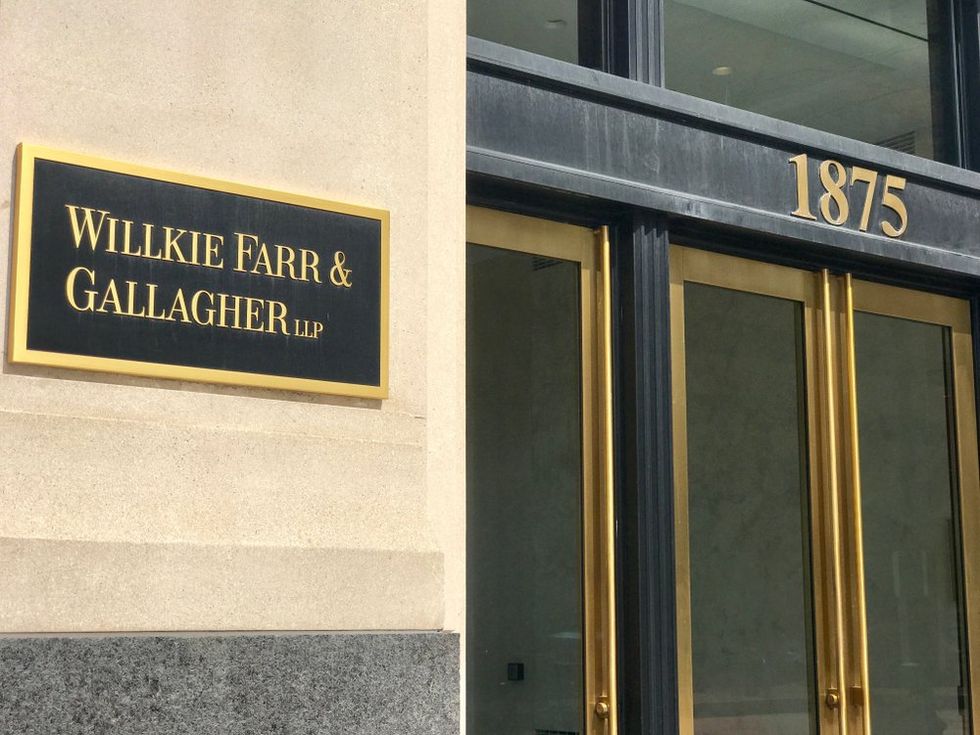
A “large contingent” is leaving the San Francisco office of Willkie Farr law firm after they made a deal with the Trump administration. However, there is one notable democrat not leaving, former 2nd gentleman Doug Emhoff, according to an exclusive report from the Wall Street Journal.
The outlet claims, “at least seven partners are” are leaving for their firm’s rival, Cooley, who did not make a deal with Trump.
“We are thrilled to welcome this esteemed group of Bay Area leaders and litigators to the firm,” said Cooley partner and Chief Executive Rachel Proffitt.
Willkie Farr, along with nine other firms, made deals with the Trump administration after the president issued a series of orders “that target law firms with ties to his enemies, threatening to strip security clearances, access to government buildings and government contracts from them and their clients,” the Journal wrote.
The deal Willkie Farr reached has the firm giving $100 million in pro bono services to “causes favored by the Trump administration, such as helping veterans and fighting antisemitism.”
Other firms who reached deals with the administration are also facing an exodus, the Journal said.
Emhoff, for his part, has stood by the firm. The husband of former Vice President Kamala Harris said at a Chicago event that “he disagreed with the decision to reach a deal with Trump, he wasn’t planning to leave because of it.”
The former 2nd gentleman joined the firm in January.
There are four firms who have not reached a deal with the White House, including Cooley, Perkins Coie, WilmerHale, and Jenner & Block.
Their failure to reach a deal with the administration caused Trump to issue executive orders limiting some of the firm's ability to access government contracts, essentially hampering their ability to represent many of their clients.
The orders were later overturned by three judges, who were appointed by different presidents across the political spectrum.




